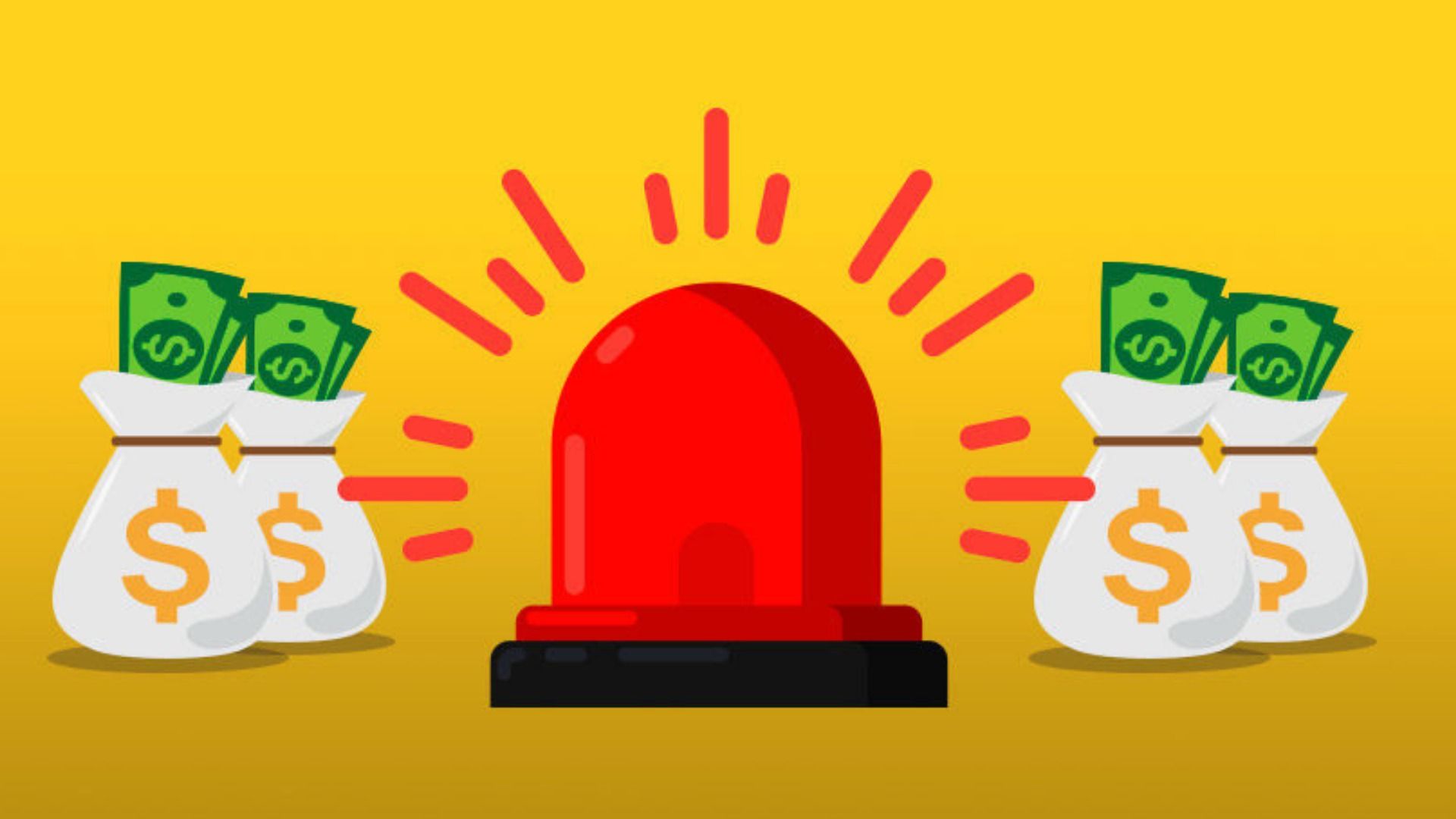
In times of economic uncertainty, it is essential to have an emergency fund that allows us to face unforeseen events without having to resort to loans or credit cards.
But how do we calculate how much money we should allocate to this fund?
Monthly income and expenses
The first key factor in calculating your emergency fund is to know your monthly income and expenses.
This will allow you to determine how much money you need to cover your basic expenses in case of an emergency.
To calculate your income, add up all the income you receive in a month, including your salary, rental or investment income, and any other regular income.
Then subtract from this amount your fixed monthly expenses, such as rent or mortgage, utilities, loan payments, and any other expenses that are necessary to maintain your current lifestyle.
Job Stability
Job stability is an important factor to consider when calculating your emergency fund.
If you have a stable and secure job, you may be able to save less money in your emergency fund.
However, if you work in an unstable industry or have a temporary or contract job, you should consider saving more money in your emergency fund to cover possible periods of unemployment.
In summary, job stability is a key factor to consider when calculating your emergency fund.
Unexpected expenses
One of the biggest challenges in dealing with a financial emergency is unexpected expenses.
These can range from home or auto repairs, to medical expenses or the loss of a job.
To figure out how much money you should have in your emergency fund to cover these expenses, it's important to consider your monthly expenses and the type of emergency you might face.
Type of insurance
The type of insurance you have can also influence the calculation of your emergency fund.
If you have good health insurance that covers most of your medical expenses, you may not need to have as much money in your emergency fund to cover those unexpected expenses.
On the other hand, if you have no insurance or limited insurance, you may need to have a larger emergency fund to cover any unexpected medical expenses.
The same is true for other types of insurance, such as home insurance or car insurance.
If you have good insurance that covers most damages or losses, you may not need to have as much money in your emergency fund to cover those costs.
But if you have no insurance or limited insurance, it's better to have a larger emergency fund to be prepared for any eventuality.
Long-term financial goals
In addition to factoring in unexpected expenses, you should also consider your long-term financial goals when calculating your emergency fund.
If you plan to buy a home, pay for your children's college education or retire in the near future, you should make sure you have enough money saved to reach those goals.
It is important that you know how much money you will need for each of these goals and how long it will take you to reach them.
Once you have that information, you can calculate how much you need to save each month to reach your long-term goals.
Remember that your emergency fund should not be used to finance these long-term financial goals.
You should have a separate savings plan for each of them.






